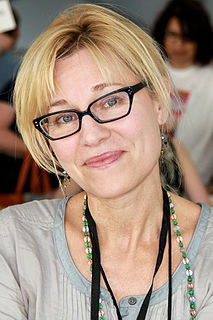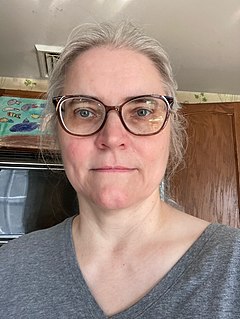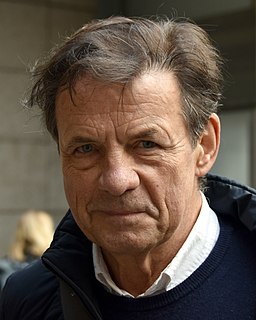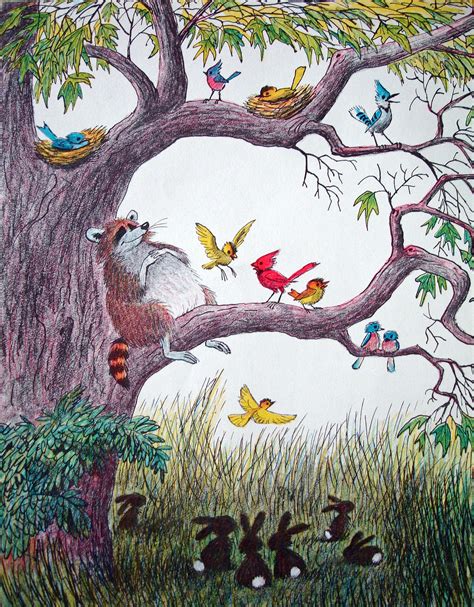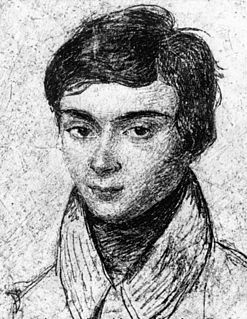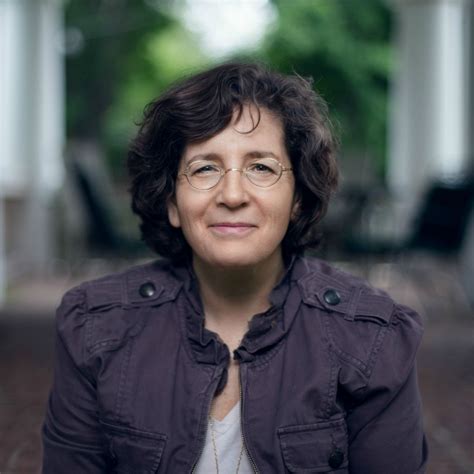A Quote by Elizabeth Crook
The author with the greatest influence on me is my friend Stephen Harrigan, who critiques everything I write before I even bother to show it to my agent or editor. He's a truly great writer - author of Gates of the Alamo and other books you might know of, and his instincts about what's working in a story, and what's not, are just about perfect. My books would be very different without his influence.
Related Quotes
I've never translated more than one book by any author. But I'm fascinated by translators who have, like Richard Zenith, who's translated so much of Fernando Pessoa's work. I get restless for a new kind of influence. The books I've translated are books I want to learn from as a writer, to be intoxicated by. And translation is an act of writing in itself. It's an act of recreation - of a writer's cadence and tone and everything that distinguishes the voice in the book.
Productivity is a relative matter. And it's really insignificant: What is ultimately important is a writer's strongest books. It may be the case that we all must write many books in order to achieve a few lasting ones - just as a young writer or poet might have to write hundreds of poems before writing his first significant one.
In researching literary agents I did what the books tell you to do: I looked at the acknowledgments page of a book that was similar to mine. Happily, that author thanked his agent. I looked up the agent on the web and found out that he not only represented authors writing books similar to mine, but I knew some of his clients! So, I sent in the manuscript, and they decided to represent it.
I am an author-illustrator of children's books - and yet - I must confess I don't do the books for the kids. When I'm working on a book I'm somewhere else - at the circus - or a rustic old farm - or deep in a forest - with no thought of who might read the book or what age group it would appeal to. I write them so I can illustrate them.
The reason why so few good books are written is, that so few people that can write know anything. In general an author has always lived in a room, has read books, has cultivated science, is acquainted with the style and sentiments of the best authors, but he is out of the way of employing his own eyes and ears. He has nothing to hear and nothing to see. His life is a vacuum.
One summer I was homeless in L.A., when I was about fifteen, and I used to go to the library to get books. I would have books in abandoned cars, in the seats, cubby holes on the L.A. River, just to have books wherever I could keep them, I just loved to have books. And that really helped me. I didn't realize it was going to be my destiny; I didn't know I was going to be a writer.
By the consultation of books, whether of dead or living authors, many temptations to petulance and opposition, which occur in oral conferences, are avoided. An author cannot obtrude his service unasked, nor can be often suspected of any malignant intention to insult his readers with his knowledge or his wit. Yet so prevalent is the habit of comparing ourselves with others, while they remain within the reach of our passions, that books are seldom read with complete impartiality, but by those from whom the writer is placed at such a distance that his life or death is indifferent.
When an editor works with an author, she cannot help seeing into the medicine cabinet of his soul. All the terrible emotions, the desire for vindications, the paranoia, and the projection are bottled in there, along with all the excesses of envy, desire for revenge, all the hypochondriacal responses, rituals, defenses, and the twin obsessions with sex and money. It other words, the stuff of great books.
